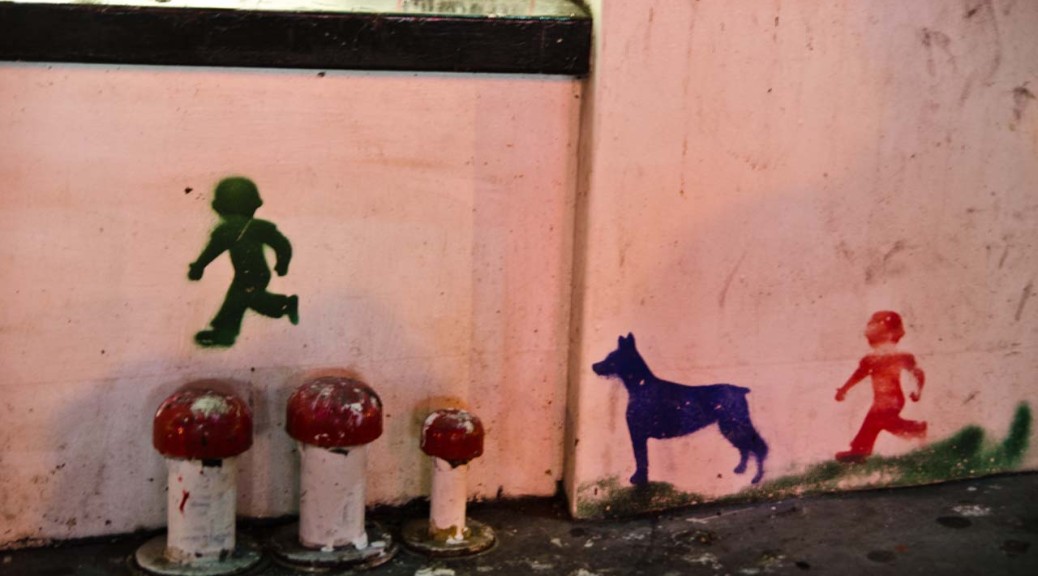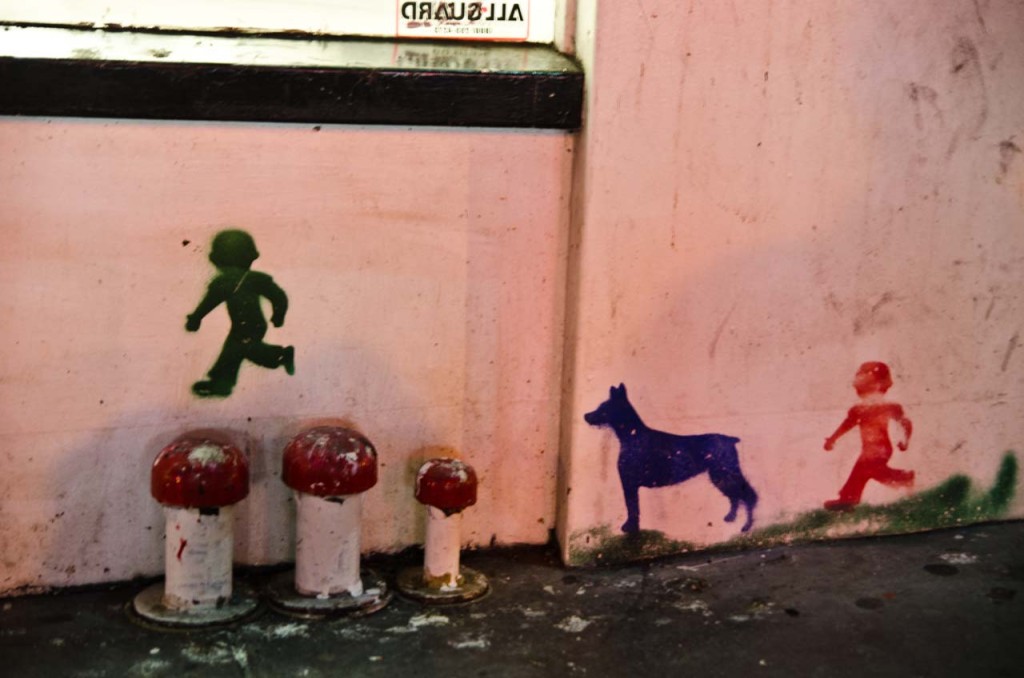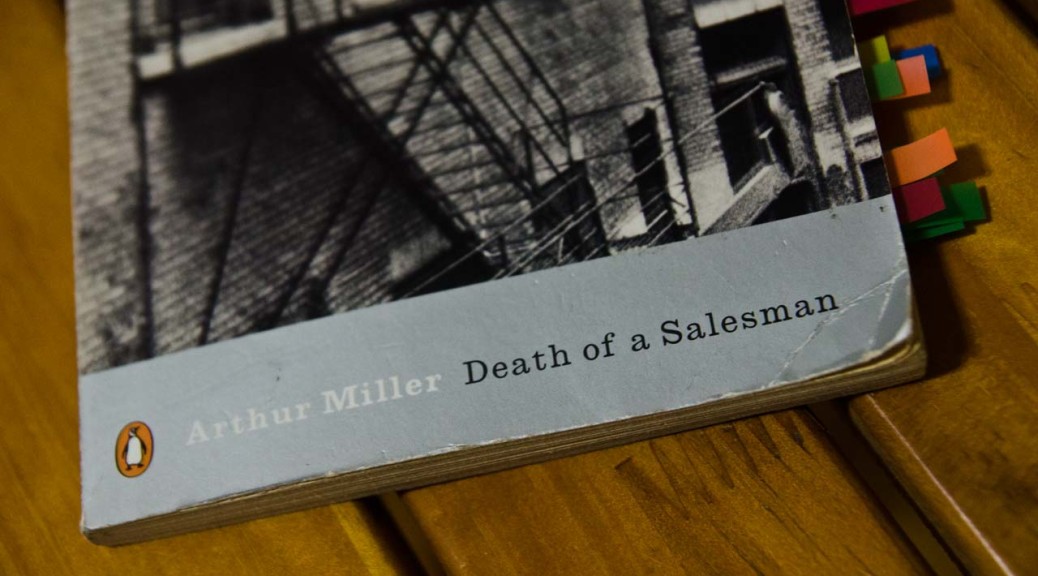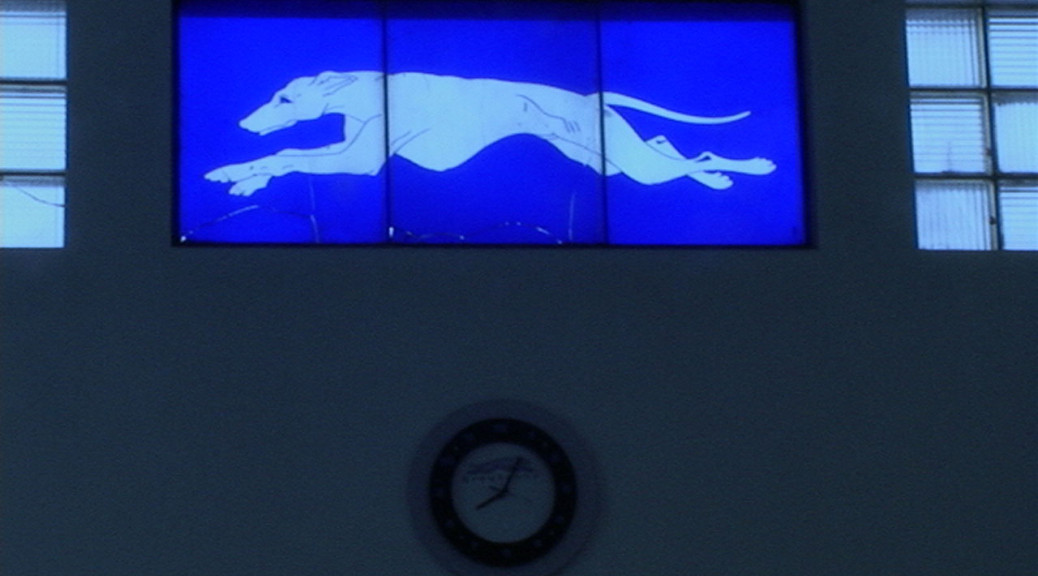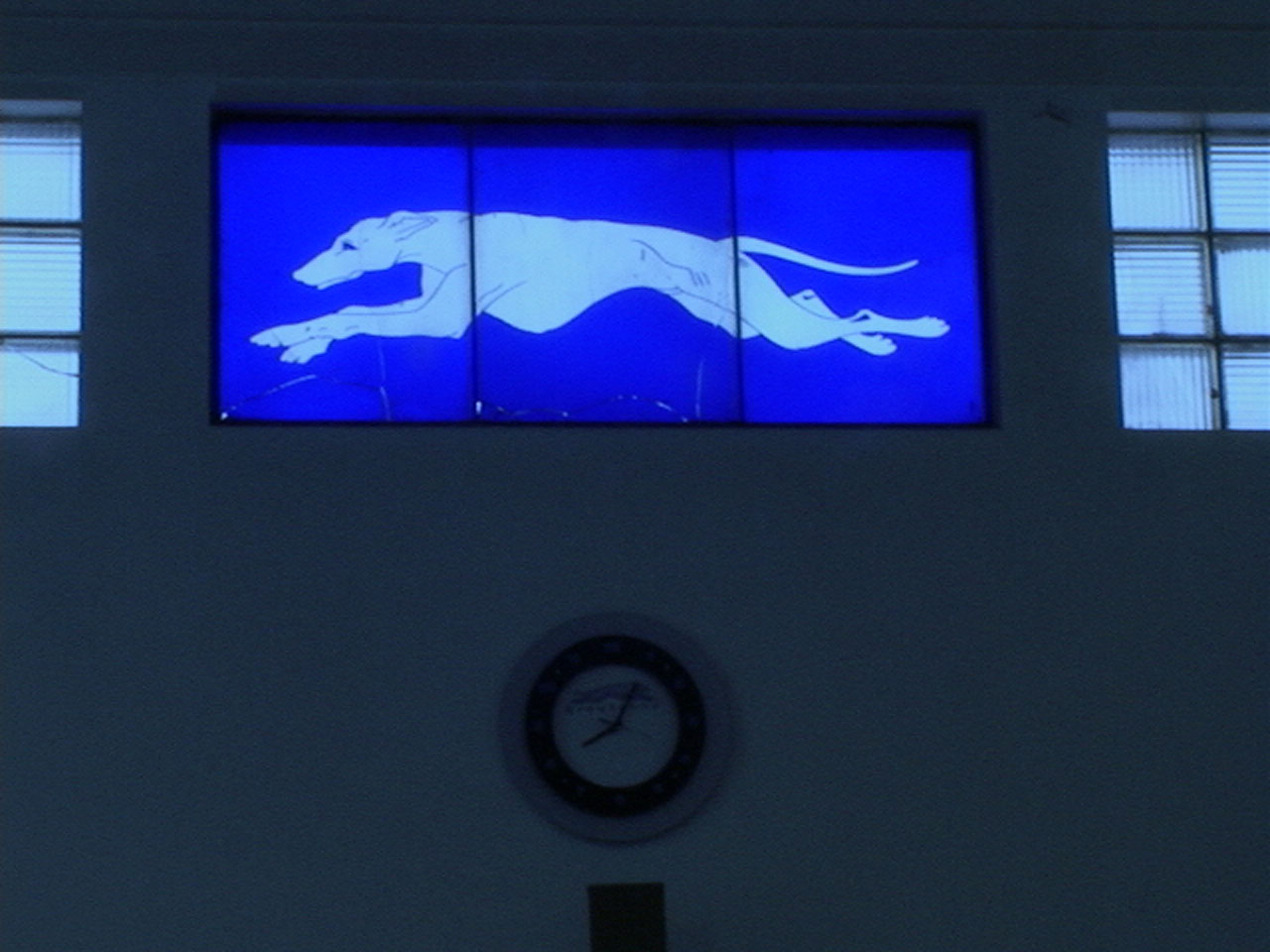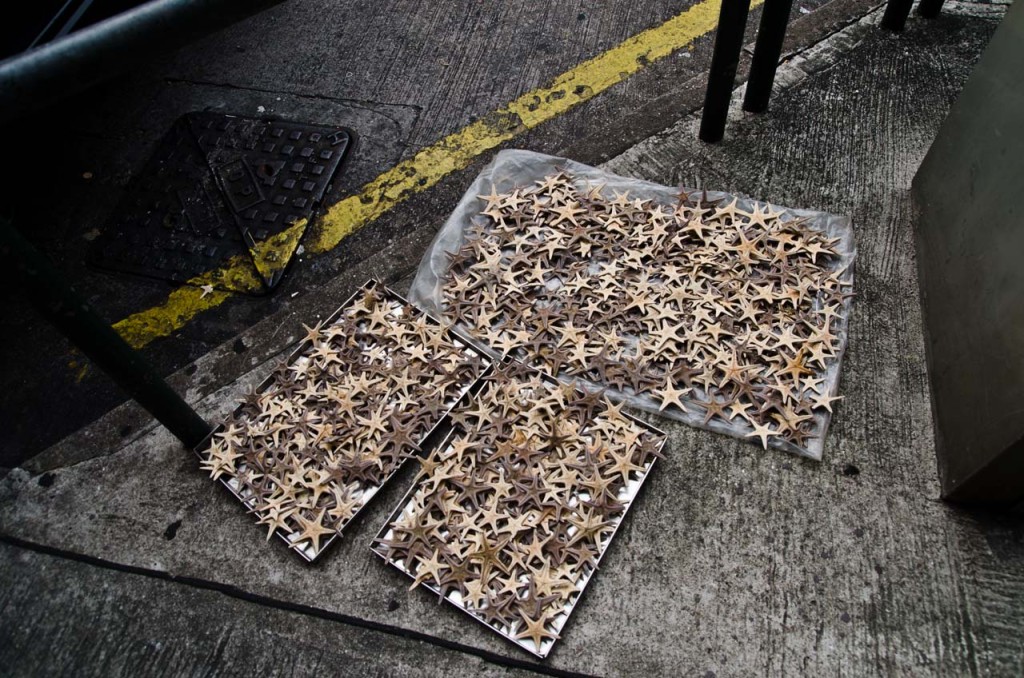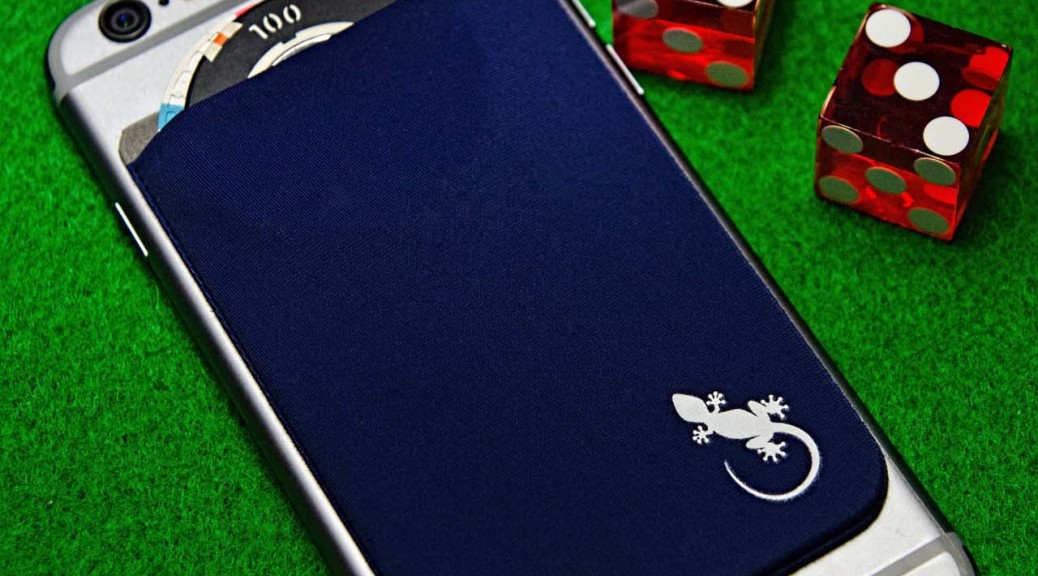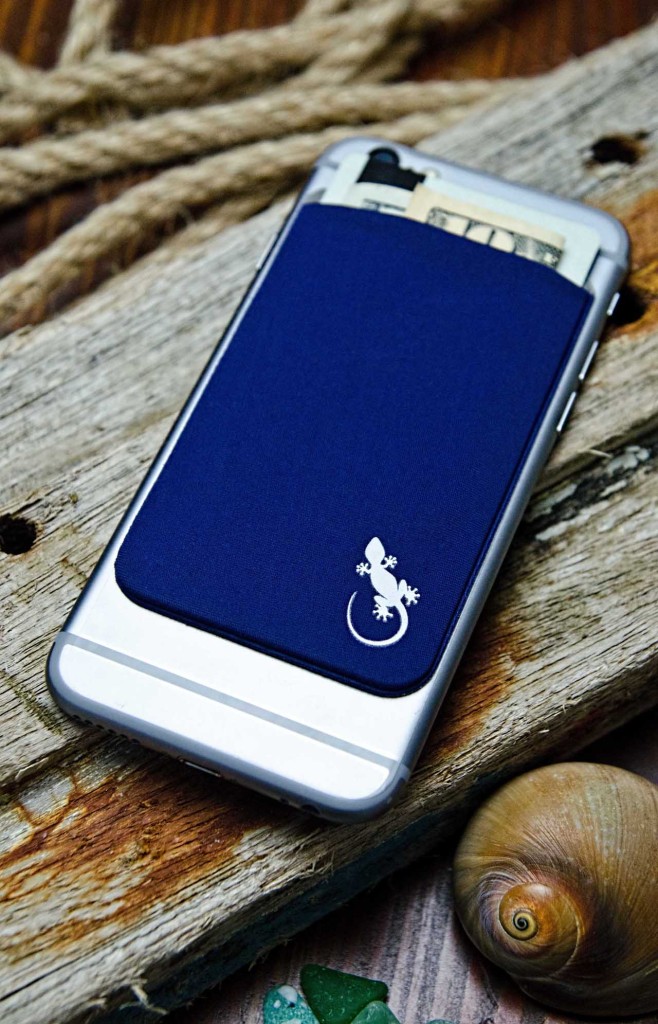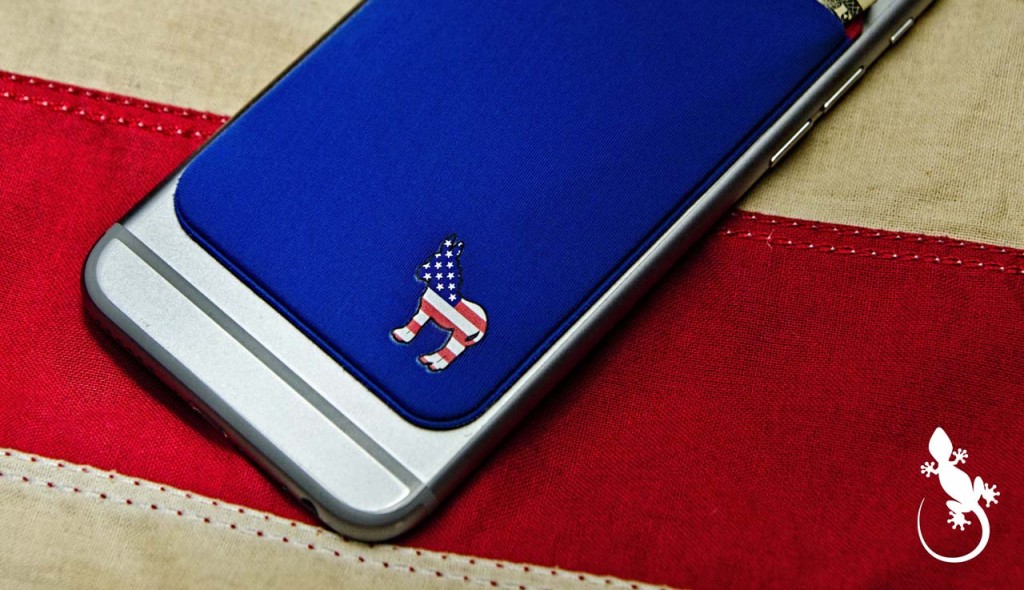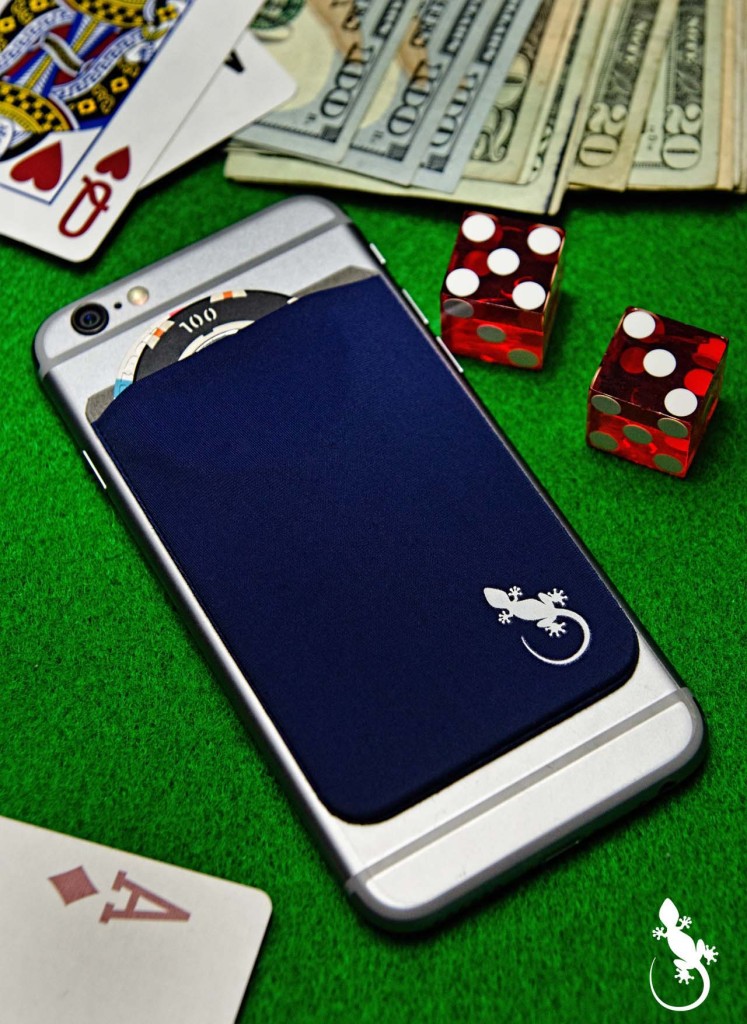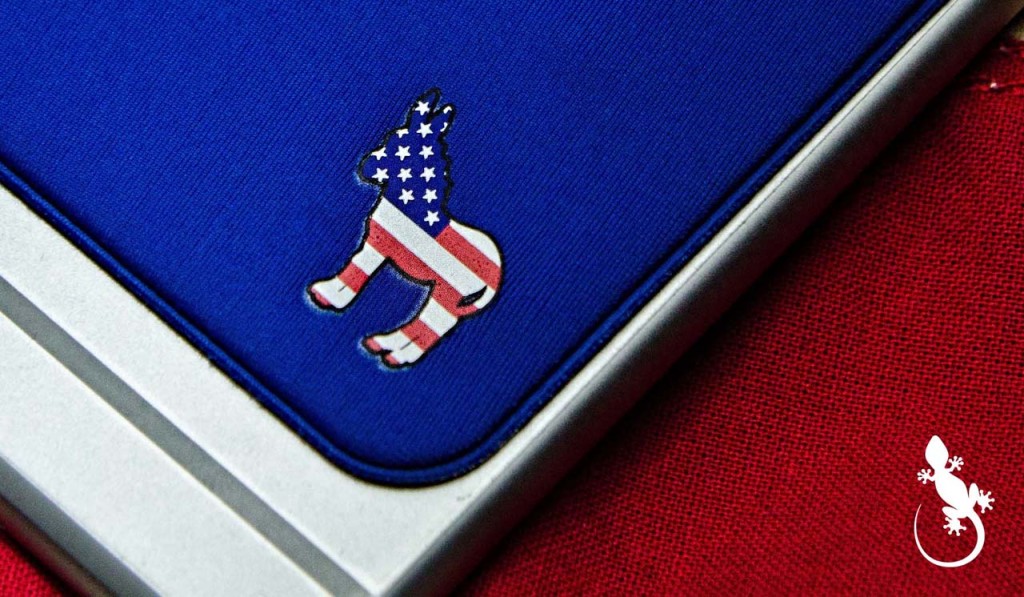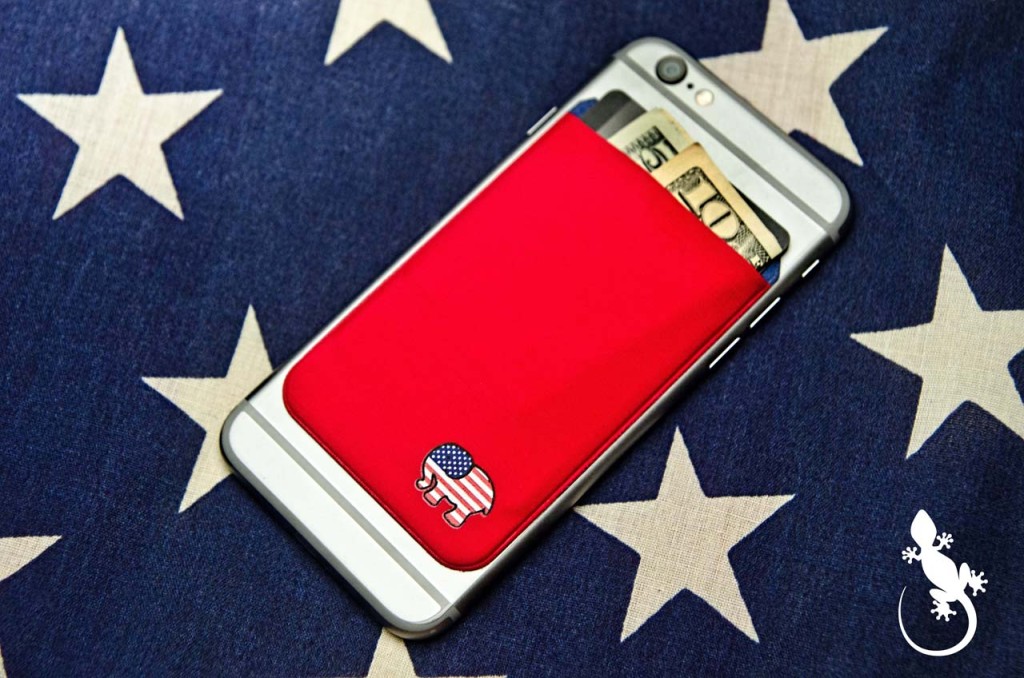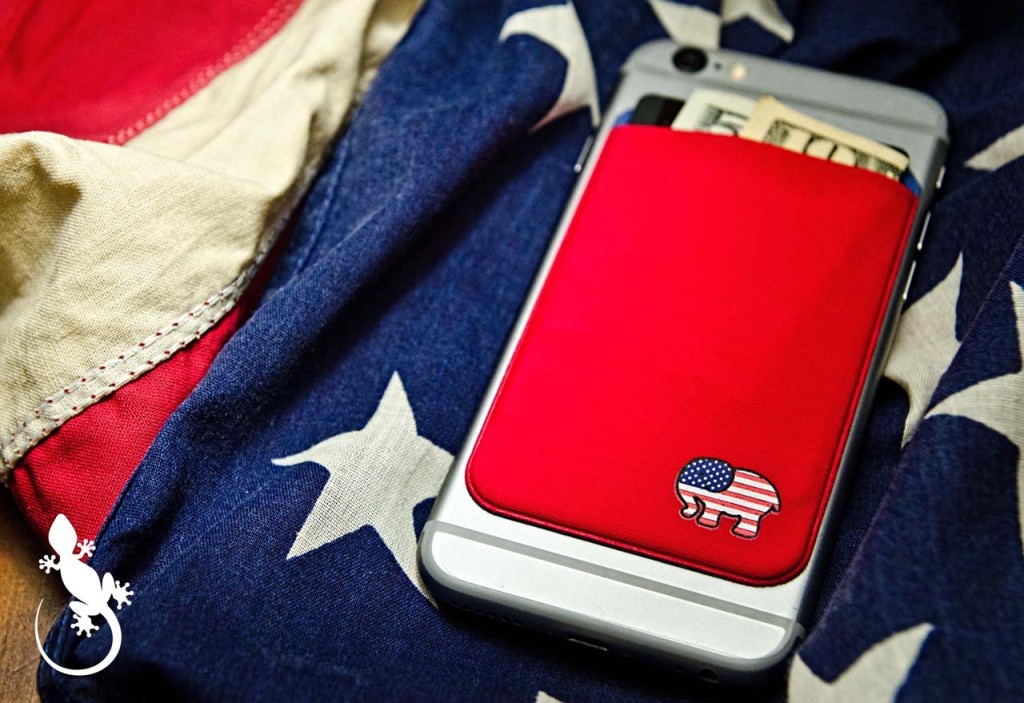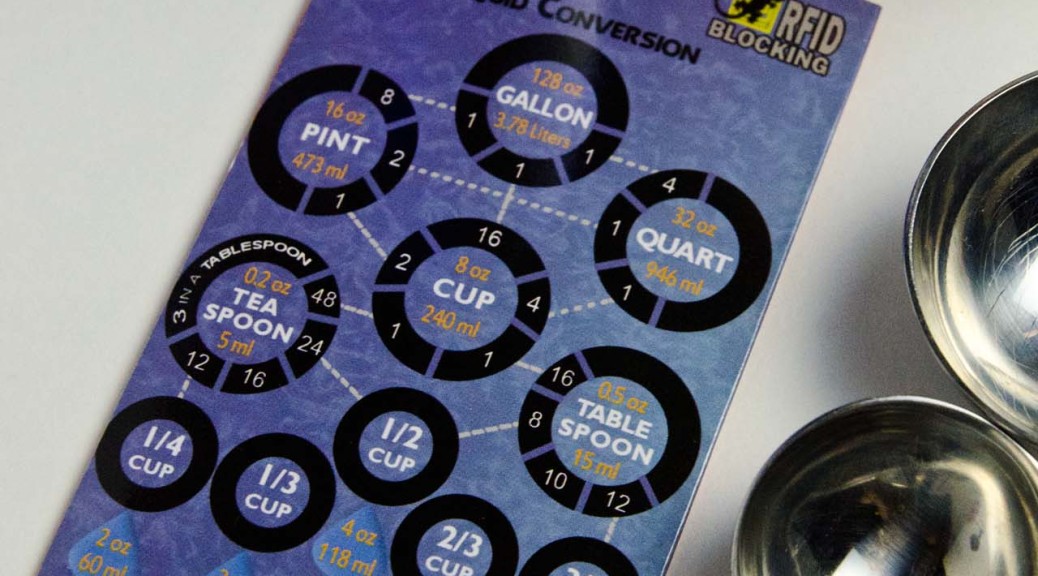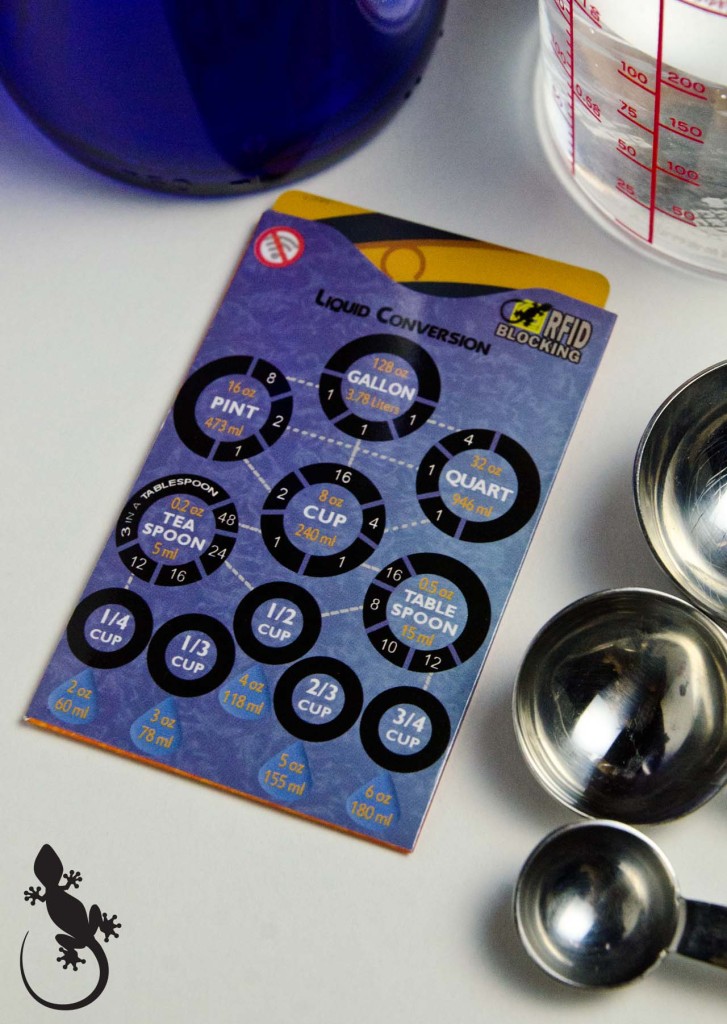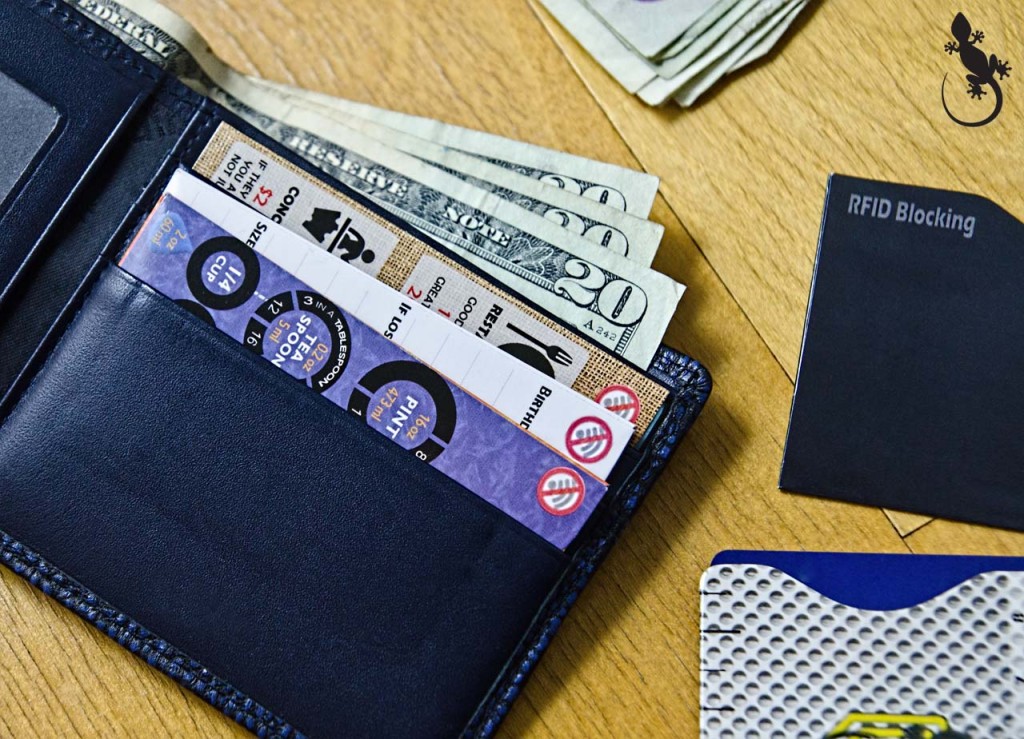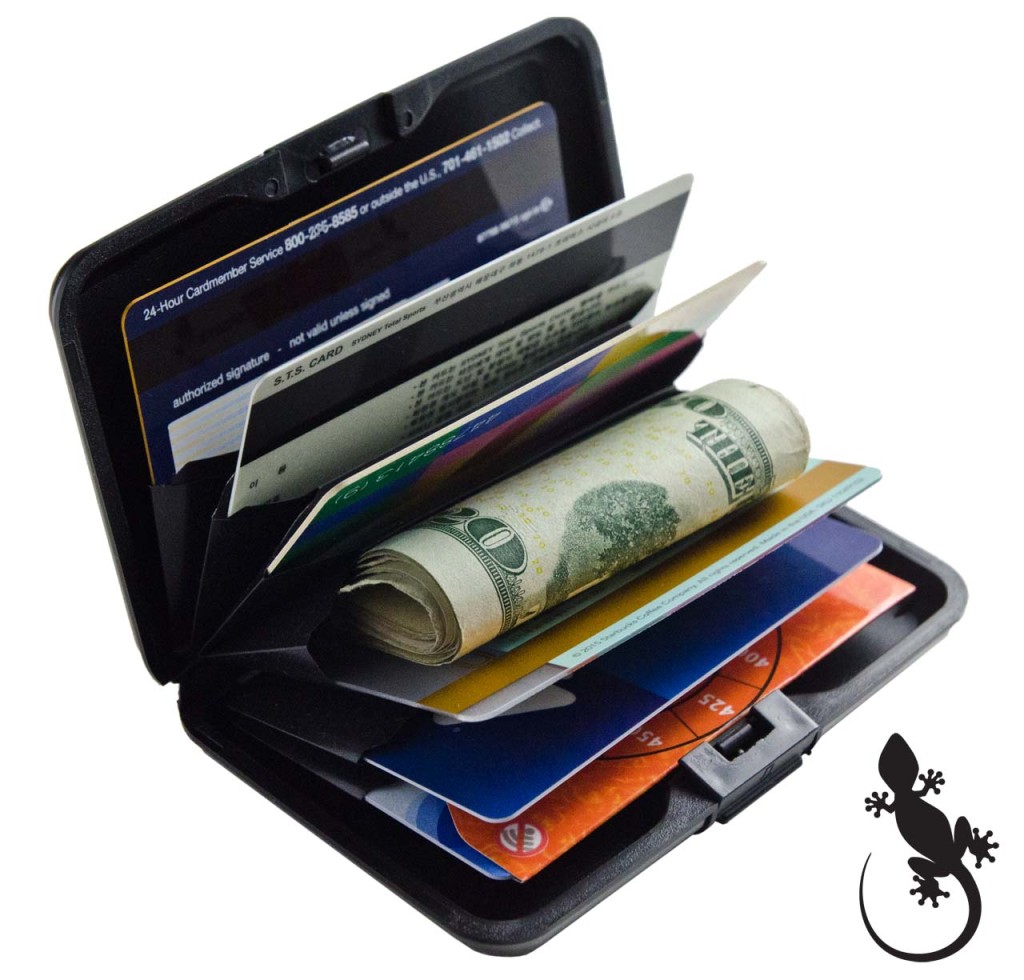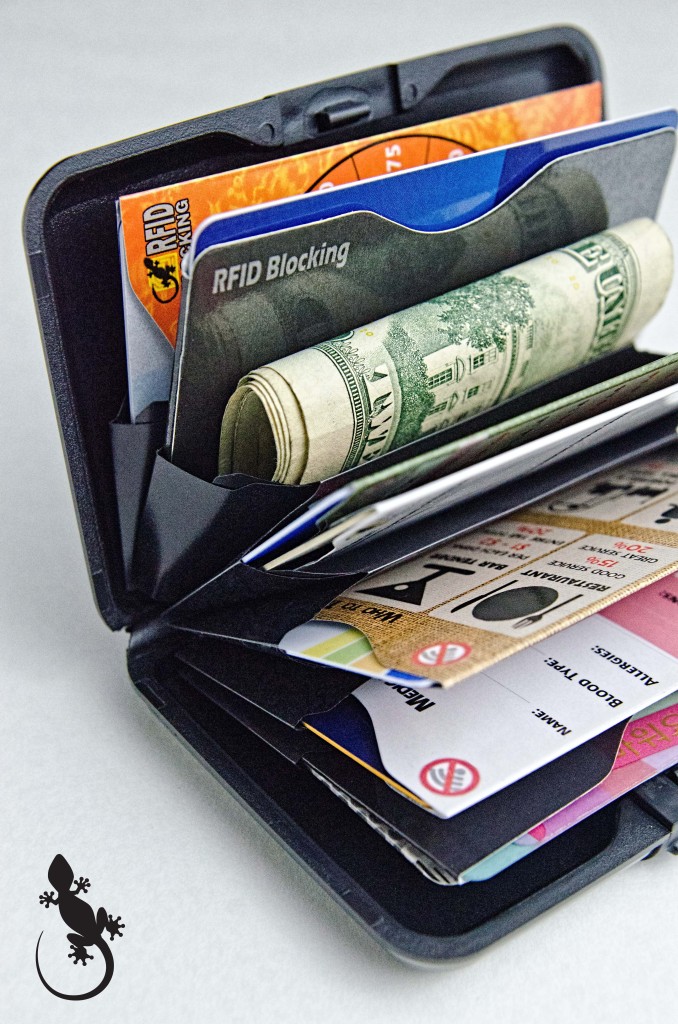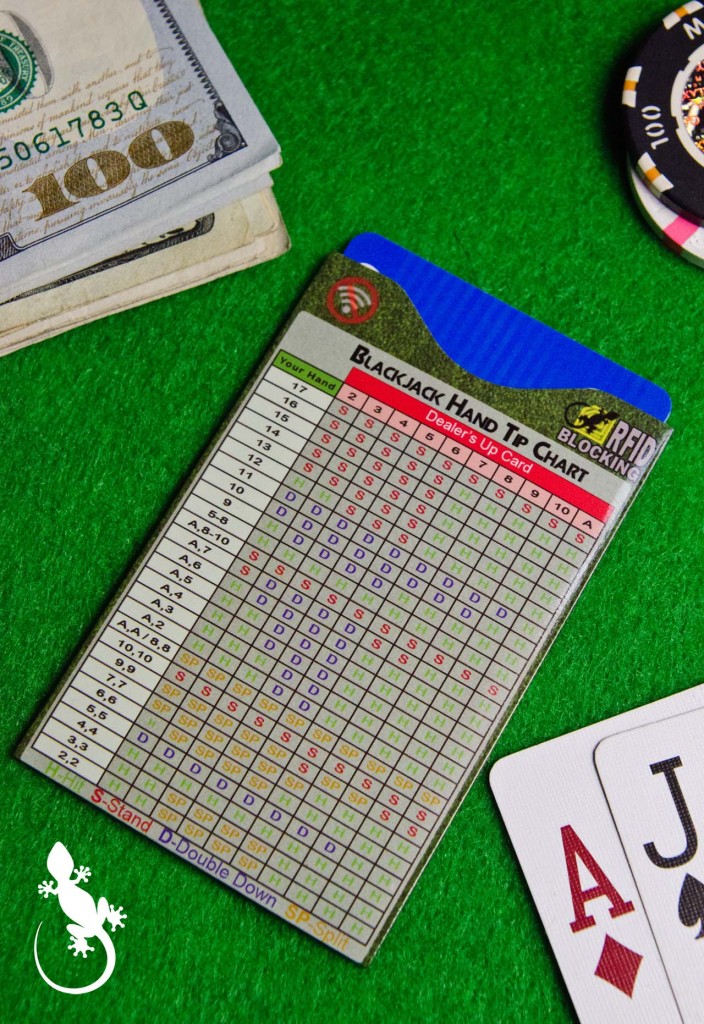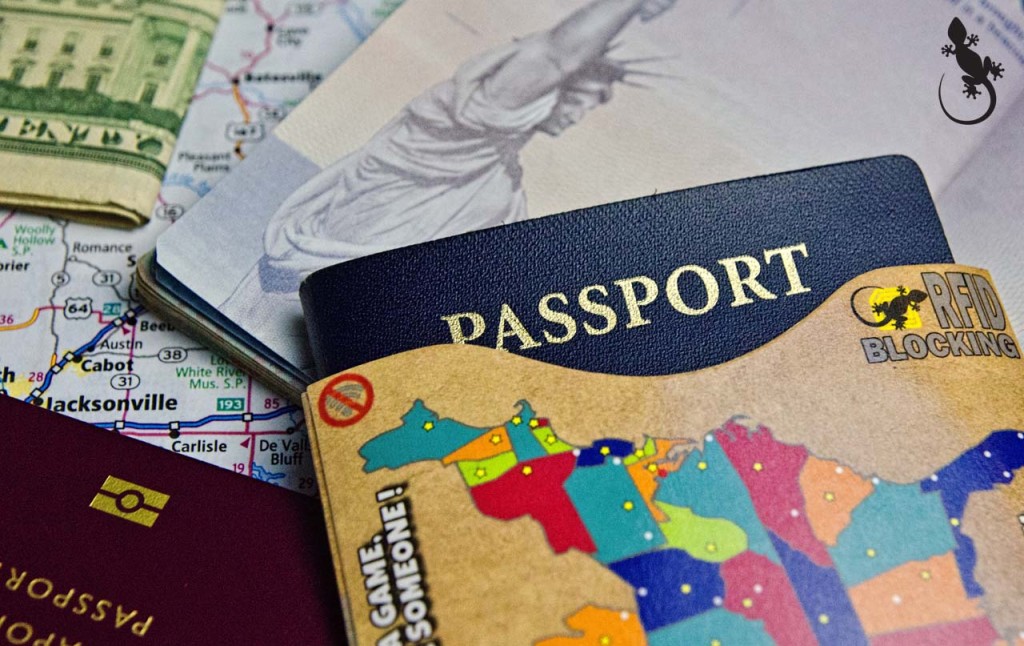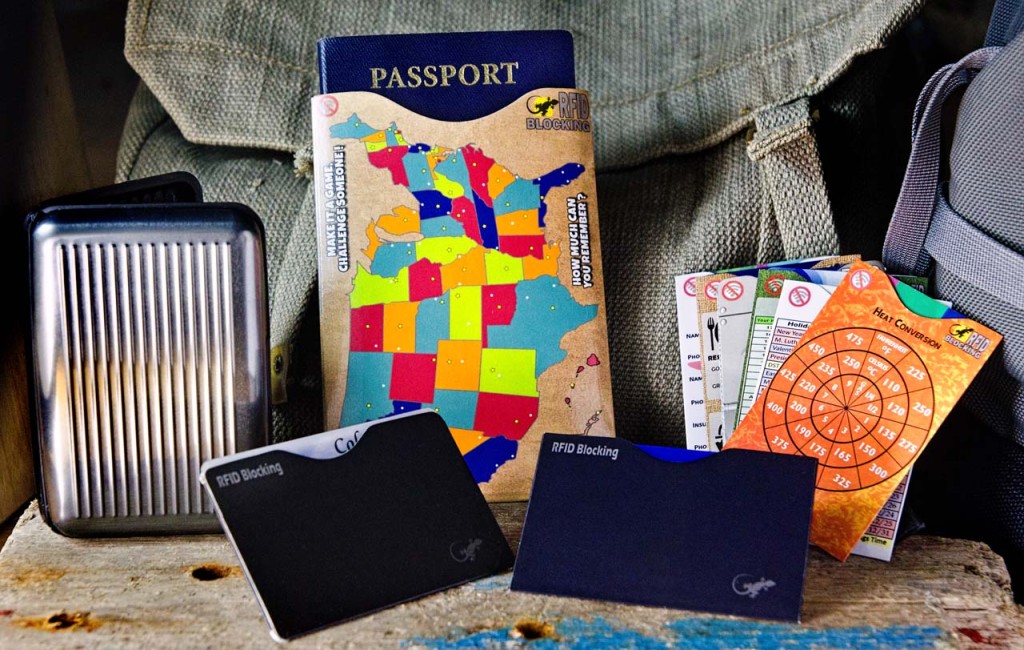Miller, Arthur. Death of a Salesman. London, England: Penguin Classics, 2000. Print. [First ed. 1949.]
WILLY: Figure it out. Work a lifetime to pay off a house. You finally own it, and there’s nobody to live in it.” p. 10
“He like his brother, is lost, but in a different way, for he has never allowed himself to turn his face toward defeat and is thus more confused and hard-skinned, although seemingly more content.” p. 14
BIFF: … To sufferer fifty weeks of the year for the sake of a two-week vacation, when all you really desire is to be outdoors, with your shirt off. And always to have to get ahead of the next fella. And still -that’s how you build a future.” p. 16
HAPPY: … “And it’s crazy. But then, it’s what I always wanted. My own apartment, a car, and plenty of women. And still, goddammit, I’m lonely.” p. 17
HAPPY: “You honest I am, but it’s like this girl, see. I hate myself for it. Because I don;t want the girl, and, still, I take it and – I love it!” p. 19
WILLY: “What’s the mystery? The man knew what he wanted and went out and got it! Walked into a jungle, and comes out, the age of twenty-one, and he’s rich! The world is an oyster, but you don’t crack it open on a mattress!” p. 32
WILLY: “A man who can’t handle tools is not a man. You’re disgusting.” p. 34
Charley “He is utterly certain of his destiny, and there is an aura of far places about him. He enters exactly as WILLY speaks.” p. 34
WILLY: I gave them hell, understand. But I got a couple of fearless characters there.
CHARLEY: Willy, the jails are full of fearless characters. p. 39
HAPPY: Sure you will. The trouble with you in business was you never tried to please people. p. 47
WILLY: And don’t say ‘Gee’. ‘Gee’ is a boy’s word. A man walking in for fifteen thousand dollars does not say ‘ Gee’! p. 51
WILLY: … It’s not what you say, it;s how you say it — because personality always wins the day. p. 51
[The light on WILLY is fading. The gas heater begins to glow through the kitchen wall, near the stairs, a blue flame beneath red coil.] p. 54
WILLY: God knows, Howard, I never asked a favour of any man. But I was with the firm when your father used to carry you in here in his arms. p. 62
WILLY: … when he died — and by the way he died the death of a salesman, in his green velvet slippers in the smoker of the New York, New Haven, and Hartford, going into Boston — when he died, hundreds of salesmen and buyers were at his funeral. Things were sad on a lotta trains for months after that. p. 63
WILLY… and that’s the wonder, the wonder of this country, that a man can end with diamonds here on the basis of being liked! p. 68
WILLY: Well, Bill Oliver — very big sporting-goods man — he wants Bigg very badly. Called him in from the West. Long distance, carte blanche, special deliveries. Your friends have their own private tennis court? p. 72
WILLY [confidentially, desperately]: You were his friend, his boyhood friend. There’s something I don’t understand about it. His life ended after that Ebbets Field game. From the age of seventeen nothing good ever happened to him.
BERNARD: He never trained himself for anything. p. 72
WILLY [as CHARLEY takes out his wallet]: The Supreme Court! And he didn;t even mention it!
CHARLEY [counting out money on the desk]: He don’t have to — he’s gonna do it. p. 75
CHARLEY: Willy, when’re you gonna realize that them things don’t mean anything? You named him Howard, but you can’t sell that. The only thing you got in this world is what you can sell. And the funny thing is that you’re salesman and you don’t know that. p. 76-77
CHARLEY: Why must everybody like you? Who liked J.P. Morgan? Was he impressive? In a Turkish bath he’d looked like a butcher. But with his pockets on he was very well liked. p. 77
BIFF [turning]: Exactly what is it that you want from me?
WILLY: I want you to know, on the train, in the mountains, in the valleys, wherever you go, that you cut down your life for spite! p. 103
BIFF: And I never got anywhere because you blew me so full of hot air I could never stand taking orders from anybody! That’s whose fault is it! p. 104
BIFF: … What am I doing in an office, making a contemptuous, begging fool of myself, when all I want is out there, waiting for me the minute I saw I know who I am! Why can’t I say that, Willy? p. 105
BEN: The jungle is dark but full of diamonds, Willy. p. 106
BIFF: He had the wrong dreams. All, all, wrong.
HAPPY [almost ready to fight BIFF]: Don’t say that!
BIFF: He never knew who he was.
CHARLEY [stopping HAPPY’S movement and reply. To BIFF]: Nobody dast blame this man. You don’t understand; Willy was a salesman. And for a salesman, there is no rock bottom to the life. He don’t put a bolt to a nut, he don’t tell you the law or give you medicine. He’s a man way out there in the blue, riding on a smile and a shoeshine. And when they start not smiling back — that’s an earthquake. And then you get yourself a couple of spots on your hat, and you’re finished. Nobody dast blame this man. A salesman is got to dream, boy. It comes with the territory. p. 110-111


